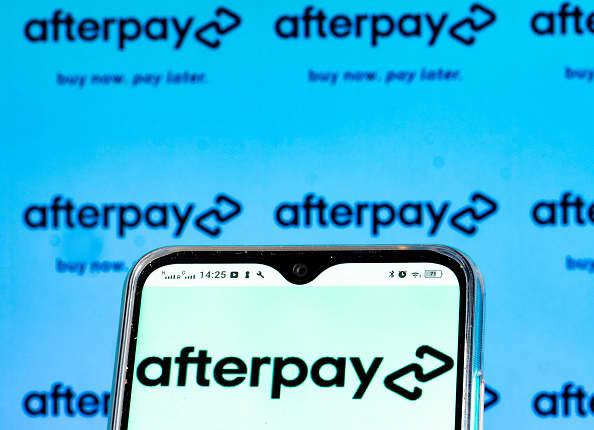An Afterpay logo is seen displayed on a smartphone.
Igor Golovniov | SOPA Images | LightRocket | Getty Images
Shares of several “buy now, pay later” firms sank sharply after the U.S. consumer watchdog opened an investigation into the sector.
The Consumer Financial Protection Bureau said Thursday it was seeking information from Affirm, Afterpay, Klarna, PayPal and Zip on the risks and benefits of their products.
BNPL services let shoppers defer payment for items, typically over a period of monthly installments and with no interest attached — though some do charge hefty late payment fees.
The CFPB said it was especially concerned by the ability for consumers to quickly accumulate debt through BNPL plans, as well as a lack of sufficient regulatory disclosures and the harvesting of data.
Multiple BNPL companies saw their stock price tumble following the announcement. U.S.-based Affirm’s shares closed down by 11% Thursday, while Australian companies Afterpay, Zip and Sezzle on Friday dropped 8%, 6% and 10%, respectively.
Investors flocked to BNPL stocks last year after the growth of the sector was supercharged by the coronavirus pandemic.
A shift in consumer habits toward e-commerce and flexible loans, coupled with huge government stimulus packages, heavily benefited companies like Klarna, Affirm and Afterpay.
This, in turn, has led to major tech companies like PayPal and Block jumping into BNPL, hoping to capitalize on the growth of the industry.
PayPal launched its own BNPL offering late last year, while Block, the company formerly known as Square, recently announced a $29 billion deal to snap up Afterpay.
But the tide has been turning in 2021. Afterpay shares have plunged over 30% since the start of the year, while Zip is down 25%. Sezzle’s stock price has more than halved in value year-to-date. Affirm, which debuted at the start of the year, is one of the few BNPL firms still in the green.
Market players have been alarmed at mounting losses from firms in the sector.
Zip’s pre-tax loss ballooned to 724 million Australian dollars ($518 million) in its 2021 financial year, up from 20.6 million Australian dollars a year earlier. Afterpay lost 194 million Aussie dollars in its full-year results, compared to 26.8 million in 2020.
Meanwhile, analysts have warned regulation could be a major headwind for the space going forward. Christopher Brendler, analyst at D.A. Davidson, told CNBC in September that a regulatory response “could slow the growth” of the BNPL sector.
In the U.K., the government is planning to introduce regulation of BNPL. Firms in the nascent industry would come under the supervision of the Financial Conduct Authority, which regulates financial services firms in the country.
Britain’s Treasury Department is consulting with BNPL firms and other stakeholders to inform its plans. The consultation will close on Jan. 6, 2022.
